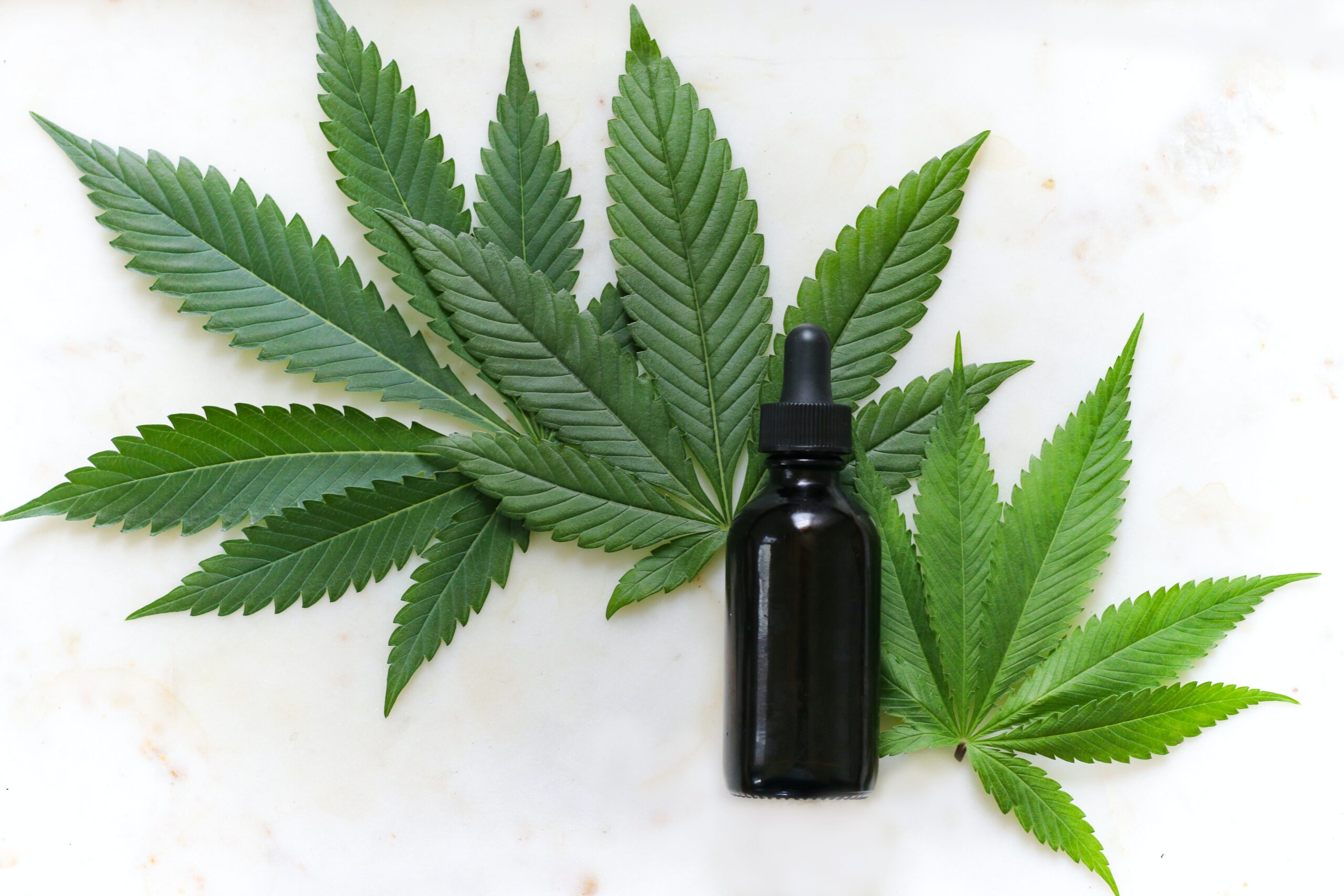Introduction
CBD (or cannabidiol) is a cannabinoid, a compound derived from Cannabis. In recent years, the popularity of cannabidiol (CBD) has surged, thanks to its potential health benefits and the widespread interest in alternative wellness remedies. As the CBD industry continues to expand, understanding the legal landscape surrounding CBD products in various countries is crucial. In this article, we will focus on the legal regulation of CBD in Bulgaria, providing insights into its status, restrictions, and potential future developments.
The Legal Status of CBD in Bulgaria
CBD, a non-psychoactive compound found in the cannabis plant, has gained prominence for its potential therapeutic properties. It is not to be mixed with other cannabinoids, especially with delta-9-tetrahydrocannabinol (THC) being the most prominent and influential psychoactive compound. To comprehend the legal status of CBD in Bulgaria, it is essential to differentiate between CBD derived from hemp and other compounds derived from marijuana, which are strictly prohibited.
- CBD from Hemp:
- In Bulgaria, CBD derived from industrial hemp (cannabis plants with less than 0.2% THC content) is legal.
- The cultivation, production, and sale of hemp-derived CBD products are allowed.
- These products must adhere to strict quality and labeling standards.
- Other compounds from Marijuana:
- Compounds derived from marijuana, with a THC content exceeding 0.2%, are considered controlled substances and are illegal.
- Possession, use, or sale of such products is subject to criminal prosecution.
CBD products from hemp, containing less than 0.2% THC, are legal in Bulgaria and sold as food supplements, cosmetics, and more. They are considered beneficial for various health issues, including stress, anxiety, and pain management.
Bulgaria is one of the first EU countries to permit the sale of CBD products derived from hemp, provided they contain less than 0.2% THC.
Regulatory Authorities and Compliance
The Bulgarian Food Safety Agency (BFSA) is responsible for overseeing the quality and safety of CBD products in Bulgaria. To comply with the law, CBD businesses must follow these guidelines:
- Quality Control: All CBD products must meet stringent quality standards. Manufacturers must ensure that their products contain the declared amount of CBD, have a THC content below 0.2%, and are free from contaminants.
- Lab Testing: CBD products must undergo third-party lab testing to verify their cannabinoid content and safety.
- Labeling: Proper and accurate product labeling is crucial. Labels must include information about the CBD content, THC content, and any potential side effects.
- Import and Export: Import and export of CBD products are subject to strict regulations, including obtaining relevant licenses.
- Advertising and Marketing: Promoting CBD products with unsubstantiated medical claims is prohibited. Any marketing materials must comply with relevant advertising laws.
Industrial hemp (containing less than 0.2% THC) is qualified for purposes like fiber, animal feed, and sowing, and it requires a license from the Minister of Agriculture. The only requirement for farmers wishing to purchase a hemp cultivation license is to be registered farmers and have no past drug-related convictions. They can submit applications to the Secretary of Agriculture declaring that they will not separate, use or process the end product. A committee reviews each application within the first three months of submission. They can then obtain a hemp cultivation license valid for three years.
Regulation in the European Union
In the EU, the Court of Justice ruled that “a Member State can not prohibit the sale of CBD lawfully produced in another Member State when it is extracted from the Cannabis sativa plant, not only its fibers and seeds.” The decision stands out as a particularly significant precedent on the basis of which a process of harmonization of European legislation on cannabis products can be undertaken.
The EIHA (European Industrial Hemp Association) proposal for adding CBD to the European cosmetics database and the judgment in case C-663/18 contribute significantly to clarifying the role of CBD in legislation. Ultimately, the EU decided to legalise its use in cosmetics in all its Member States from February 2021.
CBD can be found in the CosIng (Cosmetic ingredient database) under the name Cannabidiol – derived from cannabis extract, tincture or resin. CBD products, such as CBD oil, can be legally marketed with the following properties: antioxidant, anti-sebum, skin protection and skin care.
Even if a product is correctly classified as cosmetic in the EU database, the local authorities may decide to declassify the product if it is described or advertised as having any characteristics, advantages or benefits that are not included in the CosIng database. Thus, CBD oil tincture cannot have dosage recommendations, nor can it have any health or medical claims.
Conclusion
The legal regulation of CBD in Bulgaria is clear-cut: CBD products derived from industrial hemp with a THC content of less than 0.2% are legal and subject to specific quality and labeling standards. Businesses and consumers must adhere to these regulations to avoid legal consequences. However, Bulgaria has stringent regulations on cannabis, prohibiting recreational and medical cannabis use.
As the CBD industry continues to evolve, staying informed about any regulatory changes is essential. If you are involved in the CBD business or considering using CBD products in Bulgaria, consulting with legal experts is advisable to ensure compliance with the law.

